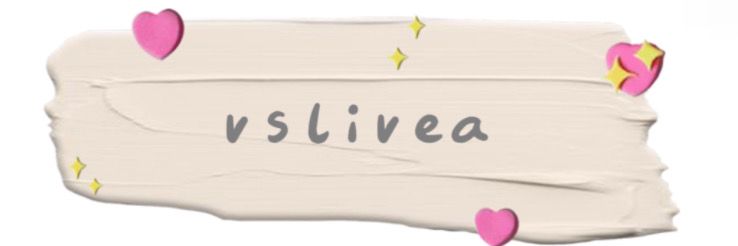Best Adhesive for Plywood: Choosing the Right Glue for Your Project
When embarking on a woodworking project, especially one involving plywood, the type of adhesive you choose can significantly impact the durability and quality of your finished work. Selecting the right adhesive for plywood is not just about picking something off the shelf; it’s essential to understand the various options available and how they cater to different project needs.
The company is the world’s best Adhesive For Plywood(de,ru,fr) supplier. We are your one-stop shop for all needs. Our staff are highly-specialized and will help you find the product you need.
Plywood is a versatile material commonly used in furniture-making, cabinetry, and other craft projects. Because of its layered structure, it’s important to choose an adhesive that penetrates well and creates a strong bond between the layers. Unfortunately, many DIY enthusiasts underestimate the importance of selecting the proper adhesive for plywood, often leading to ineffective bonding and, ultimately, project failure.
You might be wondering which adhesive for plywood is most suitable for your specific project. Generally, there are several types you can consider, such as PVA (polyvinyl acetate), epoxy, and polyurethane glues. Each type has its own unique properties that make it better suited for different applications.
PVA glue is popular among woodworkers for indoor projects due to its ease of use and clean-up. It dries clear and provides a strong bond, making it ideal for furniture, cabinetry, and general woodworking tasks. If you’re working on an indoor project, you should definitely consider using PVA for its user-friendly nature.
On the other hand, if your project involves exposure to moisture or extreme conditions—maybe you're building something for outdoor use—you might want to lean towards polyurethane glue. This type of adhesive is waterproof and expands as it cures, ensuring a tight bond even in challenging environments. However, make sure to remember that polyurethane glue requires a bit more care during application, as it can be messy and can foam up.
Epoxy is another robust option that offers excellent adhesion and resistance to heat, chemicals, and moisture. You should consider epoxy for projects that demand a strong bond, particularly if you’re combining plywood with metals or plastics. Just keep in mind that working with epoxy can involve a bit more complexity, so it's ideal for situations where maximum strength is necessary.
In addition to understanding the types of adhesives available, it’s crucial to consider the specifics of your project. For instance, you should ensure that the surfaces are clean, dry, and properly prepared. This often means sanding the plywood edges and applying the adhesive cautiously to achieve the best results. Remember, taking the time to prepare your materials properly can make a world of difference in the final outcome.
As you move forward with your project, think about the environment in which your plywood will reside. Will it be exposed to strong sunlight, moisture, or heavy use? Your answer to this question should guide your choice of adhesive. You can also benefit from reading product labels and reviews, as they often contain valuable insight into how well a particular adhesive performs under different conditions.
Ultimately, choosing the best adhesive for plywood boils down to understanding your project requirements and the characteristics of different adhesives. By weighing these factors carefully, you can make informed decisions that will enhance the durability and quality of your woodworking projects.
In conclusion, the right adhesive for plywood is crucial to achieving a successful outcome in your projects. You should consider not only the type of adhesive but also your specific project needs and the conditions it will face. Keeping these factors in mind will help you select the adhesive that best suits your work, ultimately leading to satisfying results. Don’t overlook this important aspect of woodworking; making the right choice now will save you time and effort down the line.
If you want to learn more, please visit our website Acrylic Polymers for Adhesive Tape Manufacturing.
- 0

